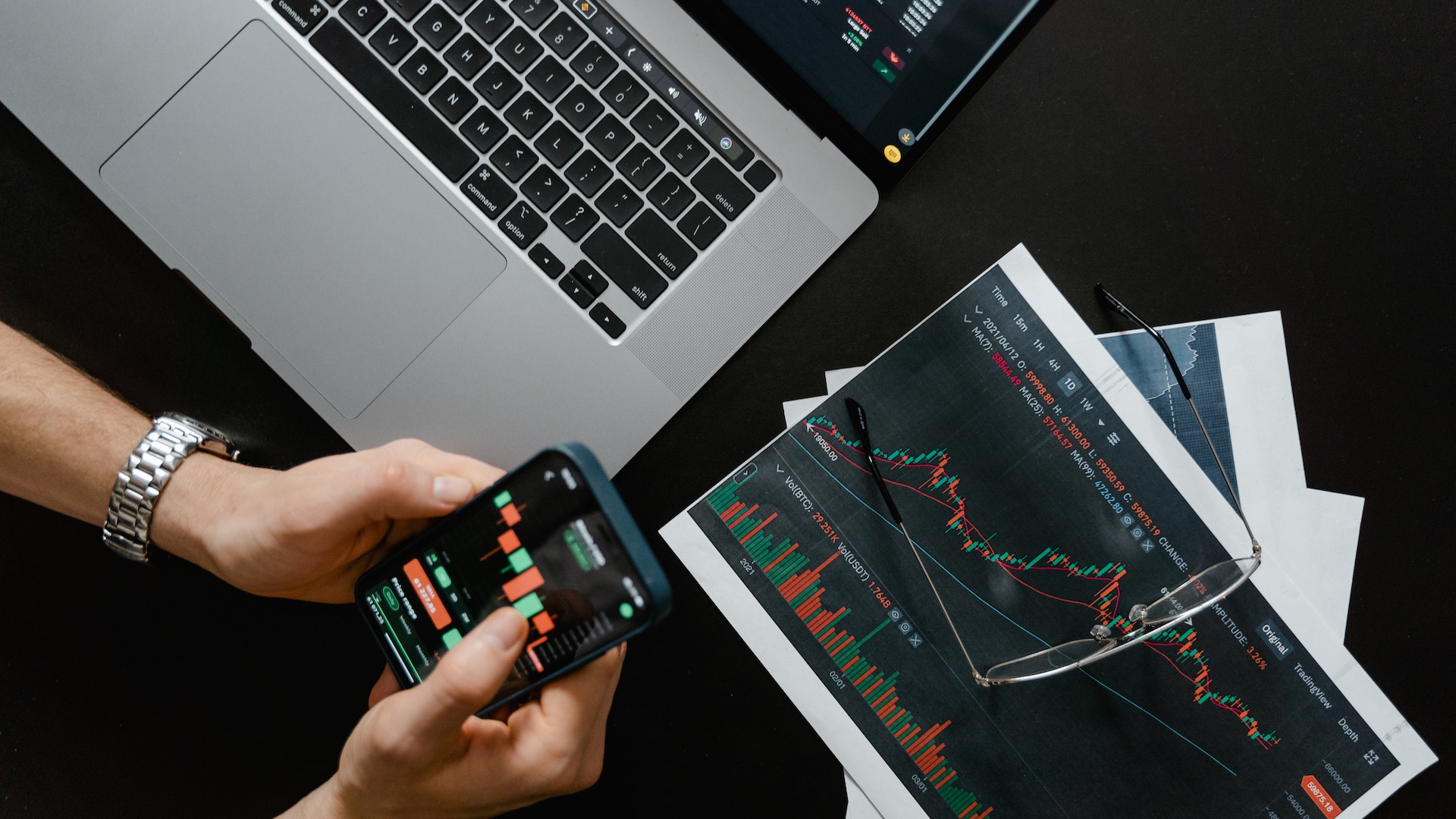Long gone are the days of guest registration forms and filing cabinets full of staff records and supplier invoices.
NB: This is an article from BEONx, formerly Beonprice, and one of our Expert Partners
These days, most hotels are embracing the many benefits of using technology to digitalise their systems and workflows. In fact, digitalisation not only helps you run a more efficient establishment, but it can also boost your hotel’s profit margins.
Subscribe to our weekly newsletter and stay up to date
Let’s take a look at what hotel digitalisation means exactly and how the right tools can help you run a more efficient and profitable hotel.
What is digitalisation?
According to Gartner, digitalisation is the use of digital technologies to change business models and create new revenue and value-producing opportunities. In other words, it’s the process of converting your hotel’s internal processes and revenue management models so that all the information that you handle can be collected, stored, and processed through a centralised computer system. That way, you can better manage your data, streamline your workflows, and make informed, data-driven decisions about your business.
Although the shift to digitalisation has been coming for some time now, the pandemic has encouraged many hoteliers to speed up the digital transformation of their data. In fact, according to a recent study by McKinsey, the COVID-19 crisis has accelerated the global digitalisation of customer and supply-chain interactions and internal operations by three to four years. And the hotel industry is no exception. In order to stay relevant and profitable, businesses need to adapt their strategies and practices in line with the changing nature of consumer demand.
How can digitalisation boost profits?
There are a number of ways that digitalisation can help you create a more efficient business model for your hotel and boost your profits. Generally speaking, most hotels are currently focusing on tools that help them improve two major areas of their business.
The first of these is the digitalisation of the guest experience. This includes the use of in-house communication apps for communicating with guests, and technology for digitising various touchpoints during the guest timeline, such as offering online check-in and check-out solutions.
The second area is the digitalisation of a hotel’s internal processes. This area is more focused on streamlining the way internal data is managed and processed. And one of the biggest benefits of this is that it provides revenue managers with better access to data analytics. This enables them to understand their guests better and make strategic changes in line with consumer demand and market trends.
Let’s take a look at these areas in a bit more detail to help you understand how digitalisation can help you create an efficient and profitable business.





